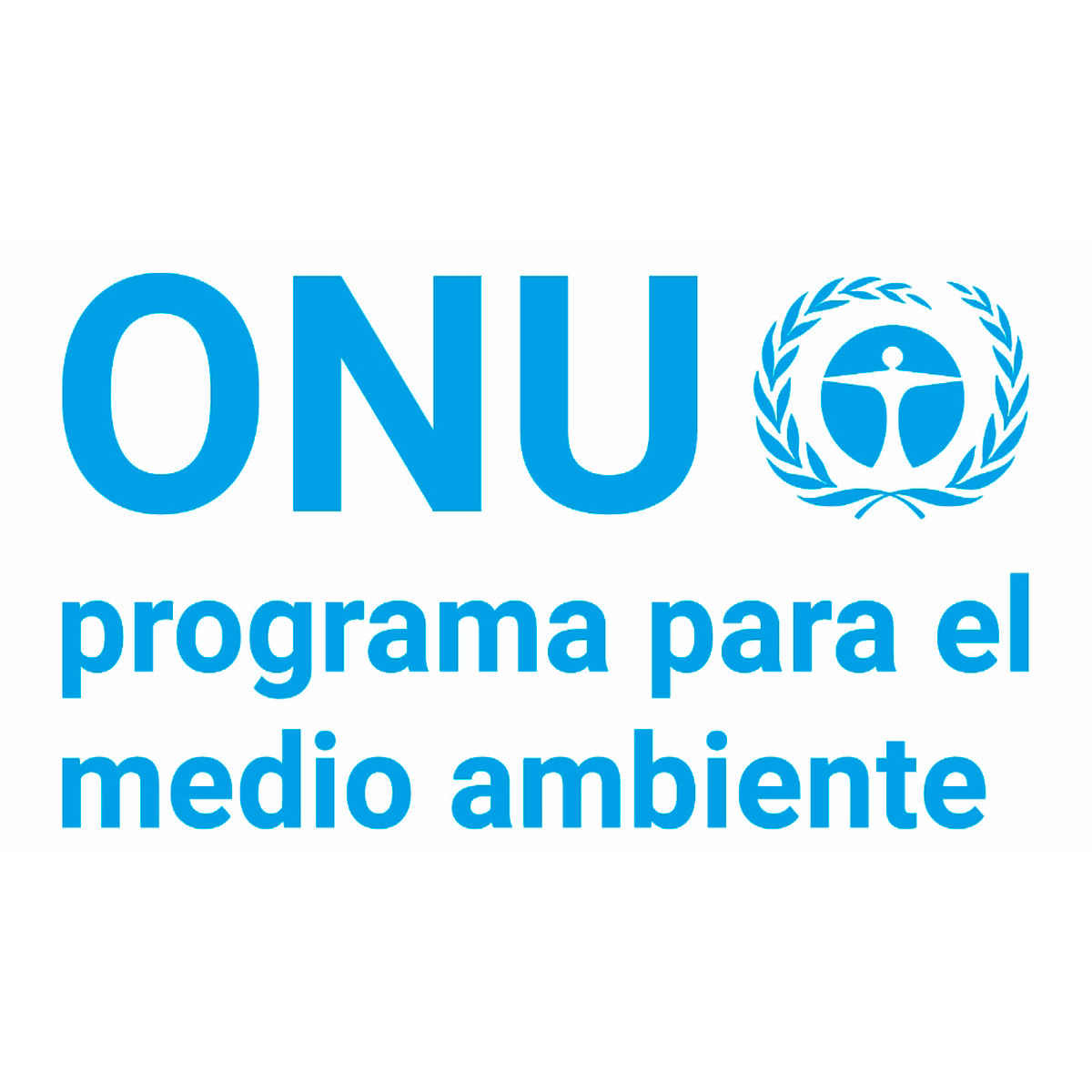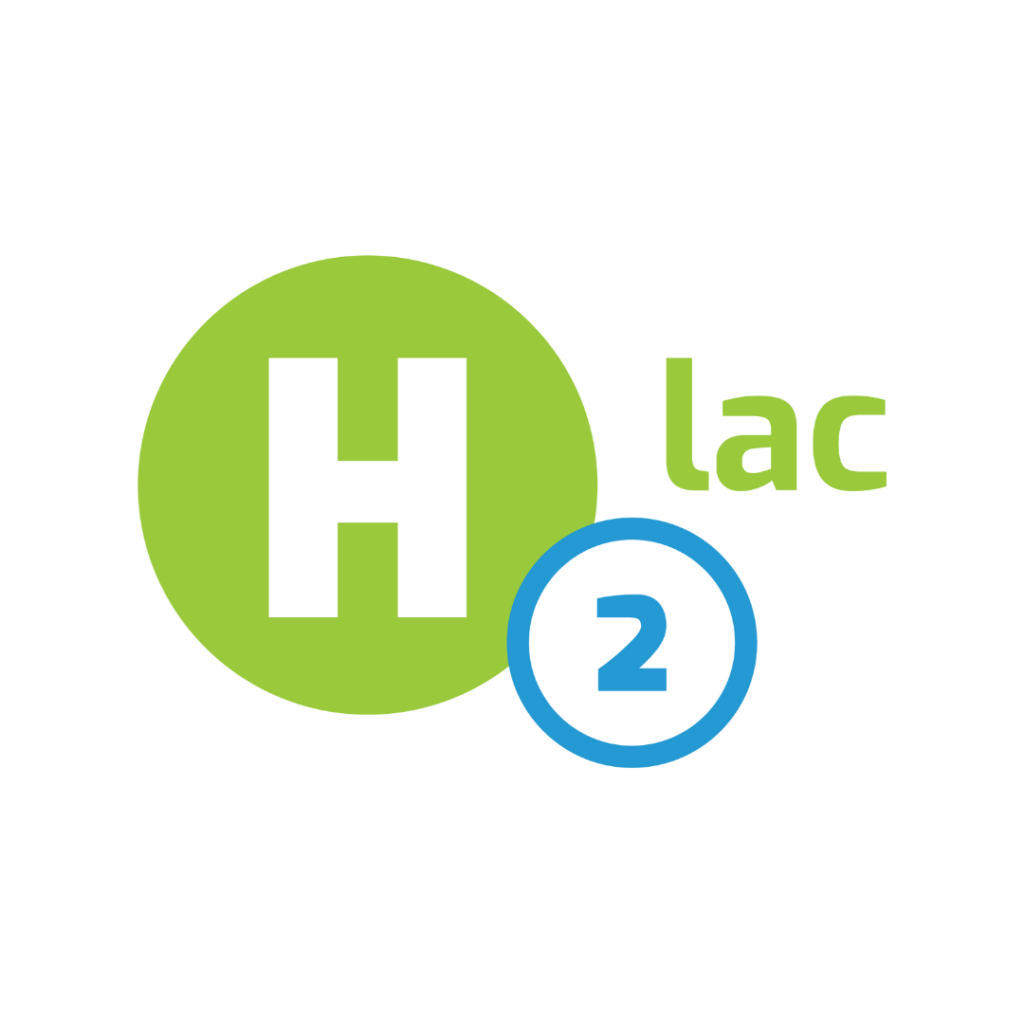La postulación está abierta hasta el 3 de mayo de 2023.
Continuando con el desarrollo de su proyecto «Advancing a Regional Approach to the Green Hydrogen Economy in Latin America and the Caribbean”, el Programa de Naciones Unidas para el Medio Ambiente (UNEP) abrió una convocatorio para postular al cargo de experto en planificación de economía de hidrógeno verde en Panamá con modalidad de trabajo en casa. El llamado está abierto hasta el 3 de mayo de 2023 y el trabajo tendría una duración estimada de 12 meses.
De acuerdo a los detalles del llamado, UNEP busca apoyar su proyecto de economía de hidrógeno verde con una consultoría dirigida a siete países, de los cuales tres entregarán una estrategia nacional de hidrógeno verde, mientras que los otros cuatro desarrollarán análisis de factibilidad para proyectos específicos de hidrógeno.
Así, el cargo requerirá dominio de inglés y español y al menos cinco años de experiencia en proyectos de energía, transporte o infraestructura.
Lee parte de las bases, en inglés según lo que se requiere, a continuación:
Result of Service
This consultancy aims to support the implementation of the GCF Readiness project «Advancing a Regional Approach to the Green Hydrogen Economy in Latin America and the Caribbean» in supporting the national strategies preparation, coordinating the hydrogen economy goals of all participating countries and strengthening the regional dialogue in more concrete and practical aspects and the development of policy briefs.
Three (3) countries will deliver a national green hydrogen strategy (developed by local consultants), and the other four (4) countries will develop specific green hydrogen project prefeasibility analysis (developed by a consulting company).
This consultancy will give data and information to both groups on regional synergies for further utilization of the green hydrogen economy and two (2) policy briefs to support the green hydrogen economy regulation.
Output 1. National green hydrogen regulation is enhanced by delivering two (2) policy briefs (outcome 2.2.A). The consultant will liaise with all countries of the project to assess two common topics within the safety and sustainable infrastructure development related to green hydrogen that is still to be regulated and write two policy briefs based on a benchmark analysis. Both policy briefs will include in their conception and solution provided the gender and indigenous people approach.
1.1. Regulatory gap analysis. This report will contain the information gathered on desk research, interviews with key stakeholders of each country, and regulatory gaps individually for each country and the common topics.
1.2. Benchmark analysis. This analysis will contain the regulatory and norm comparison of at least three cases of the topics defined in the previous study. It will include an introduction to the topic, case selection methodology, data collection process, case studies, critical comparison and conclusion, including essential particularities for the decisions made.
1.3. The policy brief on green hydrogen economy safety. Based on the two analyses before, this document will have no more than ten (10) pages (excluding annexes). It will include an executive summary, problem description, research overview, current and proposed policies, policy recommendations and appendices and sources.
1.4. The policy brief on green hydrogen sustainable infrastructure. Based on the two analyses before, this document will have no more than ten (10) pages (excluding annexes), including an executive summary, description of the problem, overview of research, current and proposed policies, policy recommendations and recommendations and appendices and sources.
Output 2. The national and regional green hydrogen economy planning is enhanced by delivering one (1) green hydrogen economy strategy coordination report. The consultant will gather strategic information about green hydrogen economy plans and goals and liaise with the national public sector to deeply understand the view and goals of the planning process. For the countries part of this project which are in the preparation phase, the consultant will get involved in the discussion led by each local consultant.
This document aims to analyze and assess the possible competencies and synergies among the green hydrogen economy goals of the Latin American and Caribbean countries; and propose new joint opportunities, including analyzing the gender and indigenous people approach. The consultant will analyze, at least, the national hydrogen strategies of Chile, Uruguay, Colombia, Panamá, Bolivia and Trinidad and Tobago; and will gather information from other countries such as Peru, Costa Rica, Brazil and Mexico. The assessment will look into the different stages of the green hydrogen value chain:
• Production
• Transformation (production of e-fuels and green ammonia)
• Transportation (pipeline, trucks and regional and international hydrogen transportation route and bunkering possibilities.
• End-use (industry decarbonization possibilities, including steel and chemical industries and refineries; transportation decarbonization possibilities, including shipping, aviation, and heavy-duty vehicles; heating; and power generation).
2.1 Regional countries’ hydrogen goals comparison study. This report will contain a comparative assessment of the countries’ goals for the green hydrogen economy based on the public sector objectives and national green hydrogen associations. The study will analyze the market and economic opportunities of each national strategy within the global trends of green hydrogen.
2.2 Competencies and synergies analysis. Based on the analysis above, the consultant will assess the competing goals and objectives, as well as the synergy generation opportunity, taking into account the national trade agreements, energy and fuel trade trends and import-export tendencies.
The consultant will be responsible for the following:
• Collecting and processing the data necessary to develop the aforementioned studies.
• Conduct interviews or generate the necessary information for the development of the aforementioned studies.
• Actively seek feedback from all sectors on the proposals to be created.
• Observe national interests and priorities in formulating proposals, studies and conclusions.
• Attend meetings, calls, and guidelines provided by the UN Environment Project Manager, and the Regional Support Consultant
• Comply with the deadlines stipulated by the UN Environment Project Manager.
• Attend and support the coordination process for strengthening civil society and private sector initiatives.
• Actively participate in the H2LAC community of practice by generating the content in coordination with the other national consultants and the regional coordinators.
• Encourage the participation and exchange of experiences and knowledge of government authorities, civil society and the private sector, promoting leadership on issues in which they have progress.
Para revisar las bases completas y postular, ingresa en el siguiente enlace: UN Careers.

